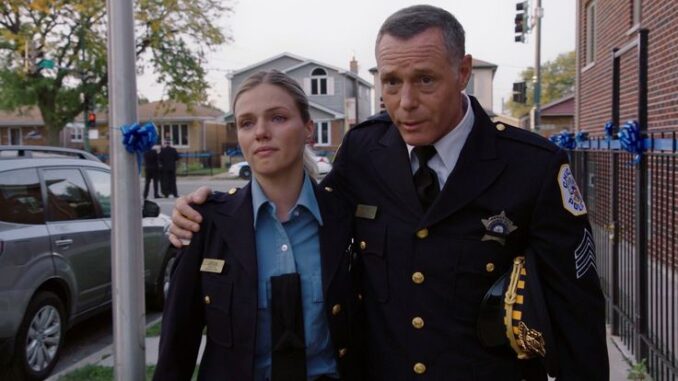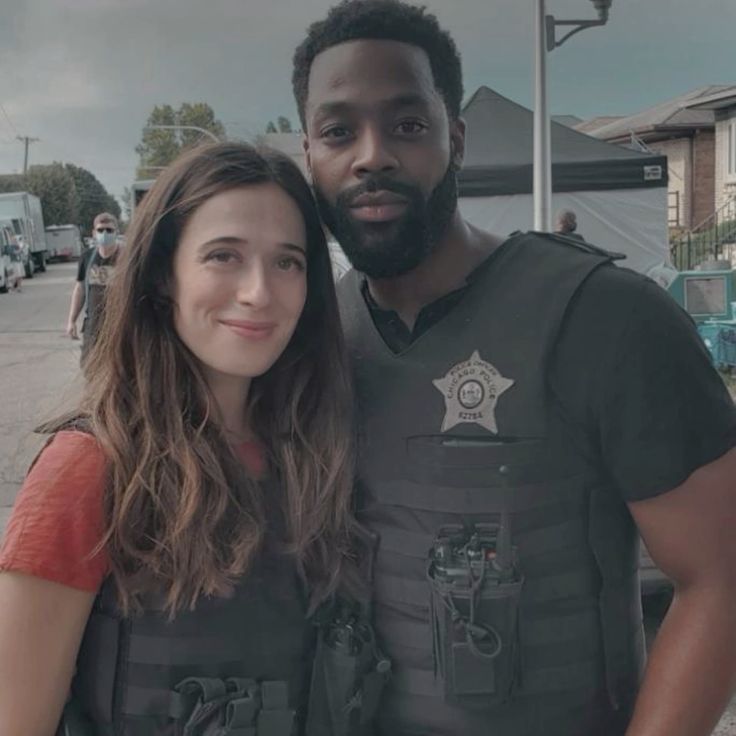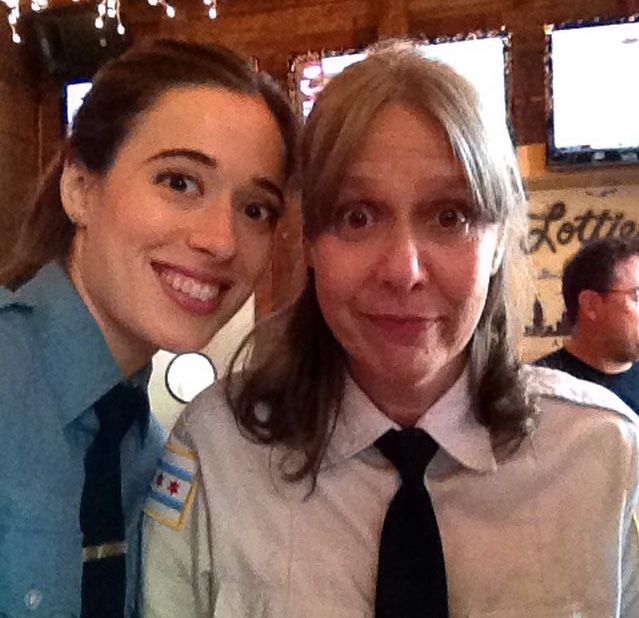
Fans of Chicago PD know that villains can make or break a season. A compelling antagonist elevates the stakes, keeps audiences hooked, and challenges the intelligence and morals of the Intelligence Unit. But in Season 12, the show introduced a villain who had the potential to be one of its most memorable—only to cut his storyline short far too soon. But why did this happen? Did the writers make a creative blunder, or were their hands tied by external factors? Let’s dive into what went wrong.

The Perfect Villain That Never Was
Who Was This Mysterious Antagonist?
Every great police drama thrives on a villain who’s both ruthless and intelligent, and Chicago PD Season 12 seemingly had one. From the moment he was introduced, this character exuded the kind of presence that makes for legendary TV criminals. He was cunning, always a step ahead, and had personal stakes that could have made his rivalry with Voight and his team deeply personal.
Why He Stood Out Among Past Villains
Compared to past villains, this one wasn’t just another gang leader or corrupt official. He had layers—an anti-heroic complexity that blurred the lines between good and evil. His motivations were compelling, his backstory was gripping, and his methods were chillingly effective. For a brief moment, fans believed they were witnessing the birth of an all-time great antagonist.
Why Chicago PD Season 12 Cut His Story Short
1. Time Constraints and Pacing Issues
One of the biggest reasons the villain’s arc was cut short may have been the season’s pacing. In a tightly packed season where multiple storylines are juggled, long-running villain arcs sometimes take a backseat to more immediate police cases.
2. Network Decisions and Episode Limits
TV shows often have to fit their stories into a limited number of episodes, and sometimes, external pressures force writers to make tough calls. It’s possible that Chicago PD had planned a longer arc but had to condense it due to scheduling constraints.
3. Fear of Overshadowing the Main Cast
While villains can steal the spotlight, Chicago PD ultimately revolves around its core characters. Perhaps the writers feared that making the antagonist too prominent would take away from the team dynamics.
4. Production Challenges and Budget Restrictions
Bringing an in-depth villain arc to life requires time, effort, and resources. If budget cuts or production constraints came into play, this may have forced the show to wrap up the villain’s story prematurely.

How This Could Have Been Avoided
1. A Multi-Season Arc
Imagine if the villain had been allowed to stay for more than one season. A well-developed adversary across multiple seasons would have given fans a deeper investment in his story.
2. A Slow-Burn Mystery Approach
Instead of cutting him out quickly, the writers could have woven his presence throughout the season, allowing small but impactful moments to build his influence over time.
3. A Final Showdown Worth Remembering
If his story had to end within one season, then a more dramatic sendoff—one that truly tested Voight and his team—could have left a lasting impact.
Did The Writers Have A Choice?
Given the network-driven nature of television, it’s likely that Chicago PD didn’t have full creative control over this decision. While frustrating for fans, factors like ratings, production deadlines, and external influences often dictate storytelling choices.
However, the real question remains: will Chicago PD learn from this mistake and deliver a better long-term villain in the future?

Conclusion: A Missed Opportunity, But Hope Remains
The best villains stay in our minds long after a season ends. Unfortunately, Chicago PD Season 12 had a fantastic villain in the making—only to discard him too soon. While we may never know the full reasoning behind this decision, one thing is clear: fans are craving a long-lasting, memorable antagonist. Hopefully, future seasons will take this lesson to heart.
